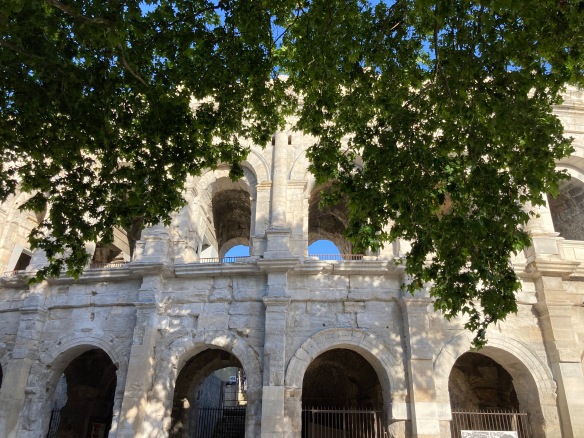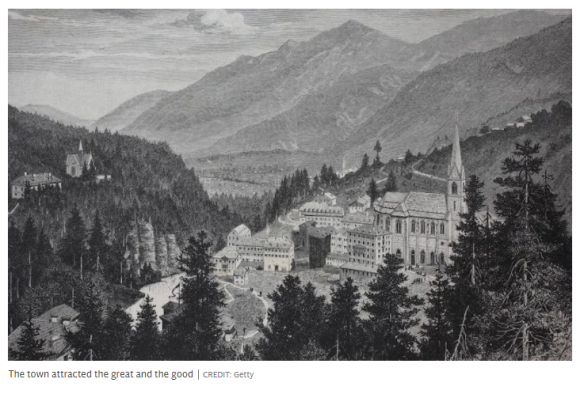THE TELEGRAPH
TRAVEL
Austria wants to restore rail’s golden age – my sleeper train to Salzburg suggests it try harder
The golden age of the sleeper-car railways began 140 years ago. That summer, the quintessence of luxury trains set forth on its maiden voyage from Paris to Vienna. The Orient-Express was the pinnacle of design and hospitality in travel.
In those days, the train was the fastest thing their was: twice as fast as a galloping horse. Only a cheetah could beat it by a nose, and then only over two furlongs. It was fifty years before the automobile or aeroplane could compete for speed.
In fact, trains were so unnaturally fast that the medical community railed against them, suggesting they could cause hysteria in women, mania in men, and death through vibrational organ failure in both. Despite this, the locomotive was and remains the safest method of fast transport available. Horses bolt – taking any carriages they might be drawing with them – and automobile and even aeroplane crashes remain far more probable and lethal than derailments. There are also the environmental arguments.
The Orient Express last ran in 2009. The hotel on rails which took its name – and its 1920s-issue carriages – is an unrelated venture. It is a travel experience, not a form of transport eastward.
However, when the delusional global blanket of COVID-19 restrictions was lifted, ÖBB, Österreichische Bundesbahnen ‘Austrian Federal Railways’, opened the Nightjet, a sleeper service on the same route Paris-Vienna line as the original OE.
There is something about the idea of trains which has always fuelled the literary and cinematic imagination. The railways are places of romance – Brief Encounter – and revenge – Murder On The Orient Express – of psychopathic killers – Strangers On A Train – and secret agents – From Russia With Love.
My theory is that when fiction writers, who live by imagination and pursue a solitary profession, are put on trains, they are forced into proximity with people about whom they know nothing. After a few hours fantastical thoughts naturally begin to form. As Graham Greene put it, one is “compulsorily at rest; useless between the walls of glass to feel emotion, useless to try to follow any activity except of the mind; and that activity could be followed without fear of interruption.”
So, invited to view the restoration of the 19th century holiday home of Emperors, the Grand Hotel Straubinger in Bad Gastein outside Salzburg (read more on this project and the Imperial Snow Polo Cup in my article in The Telegraph, outside the subscription paywall online here), I opted to travel all the way from London by rail.

Dining Car: A steward in the dining car of the Orient Express as it leaves Victoria Station, London, 1982.
The rest of this article is available to subscribers of The Telegraph online here.
















